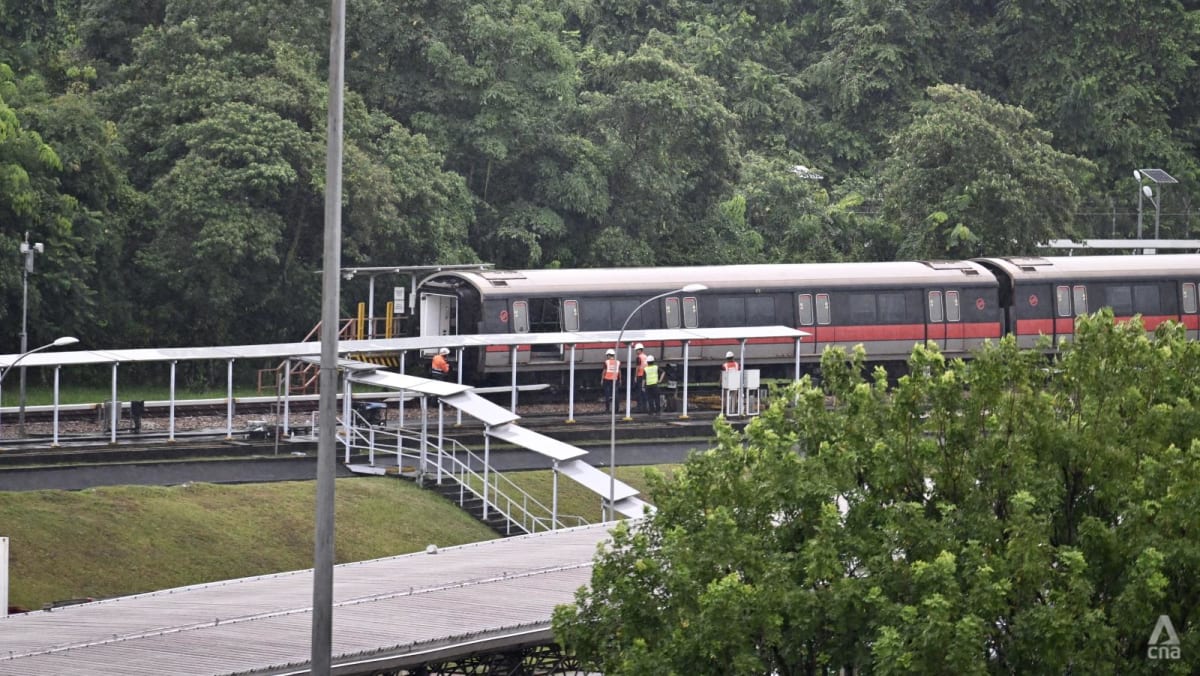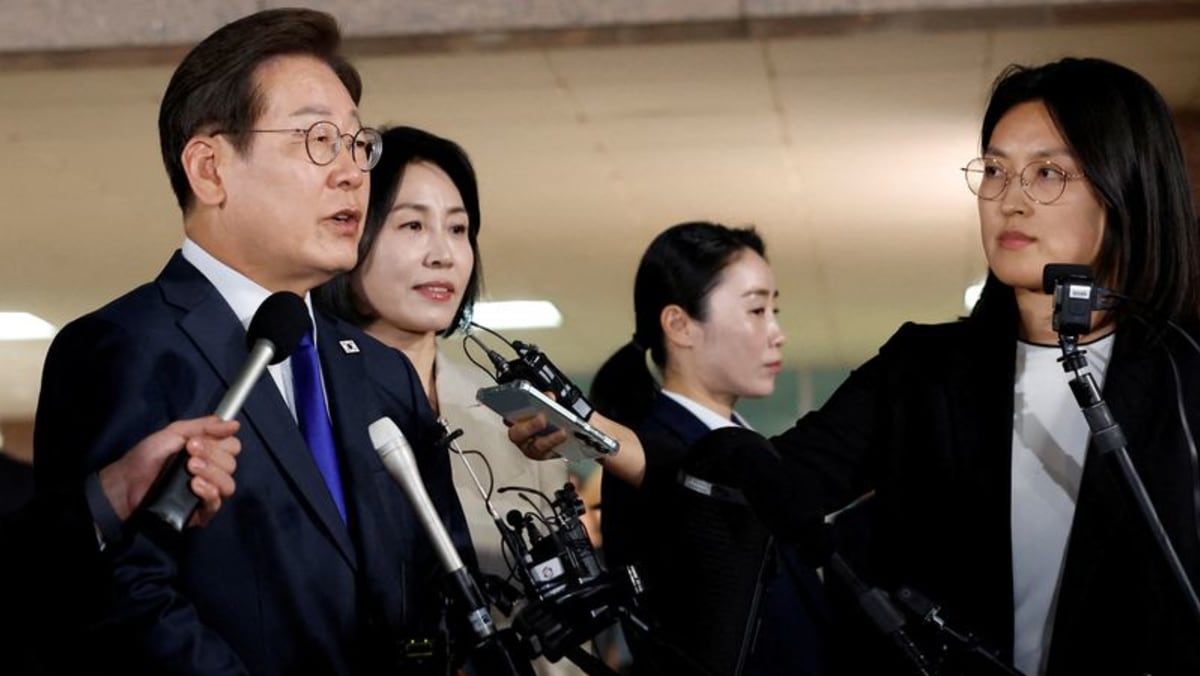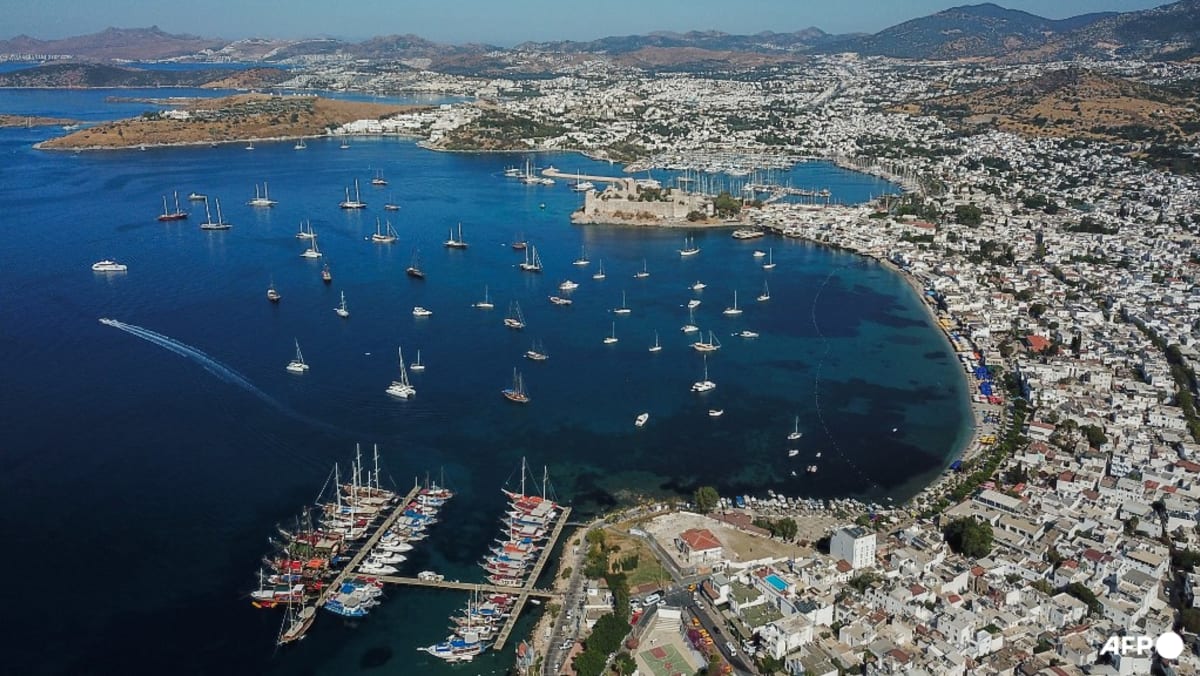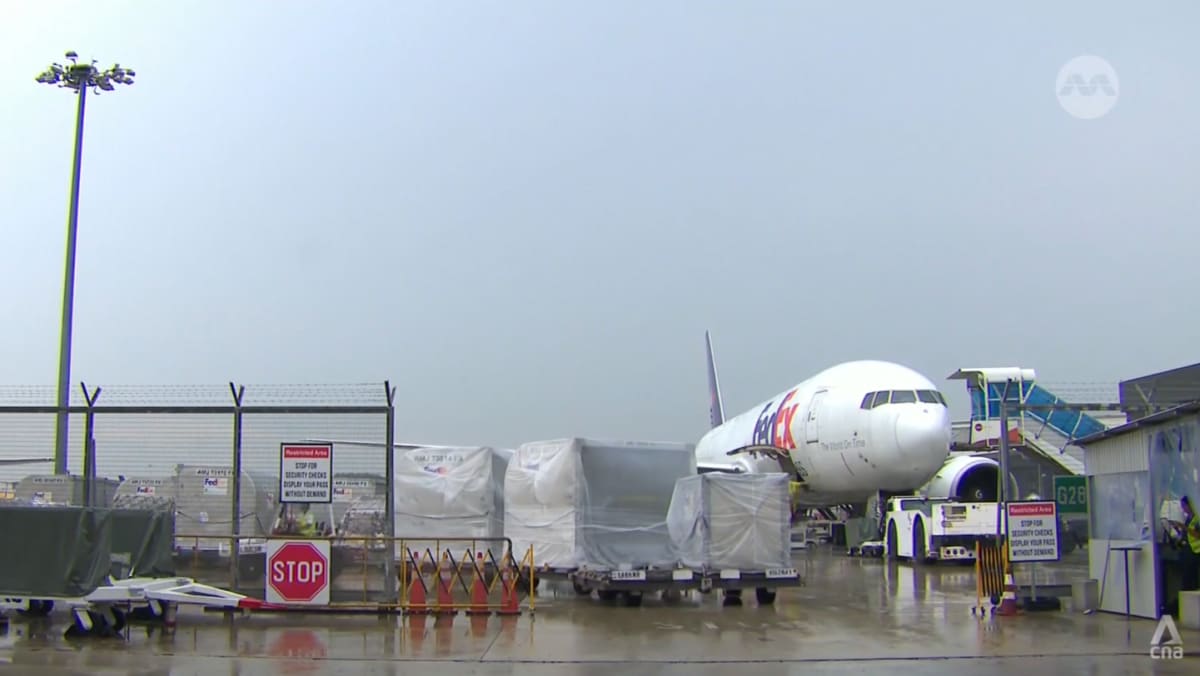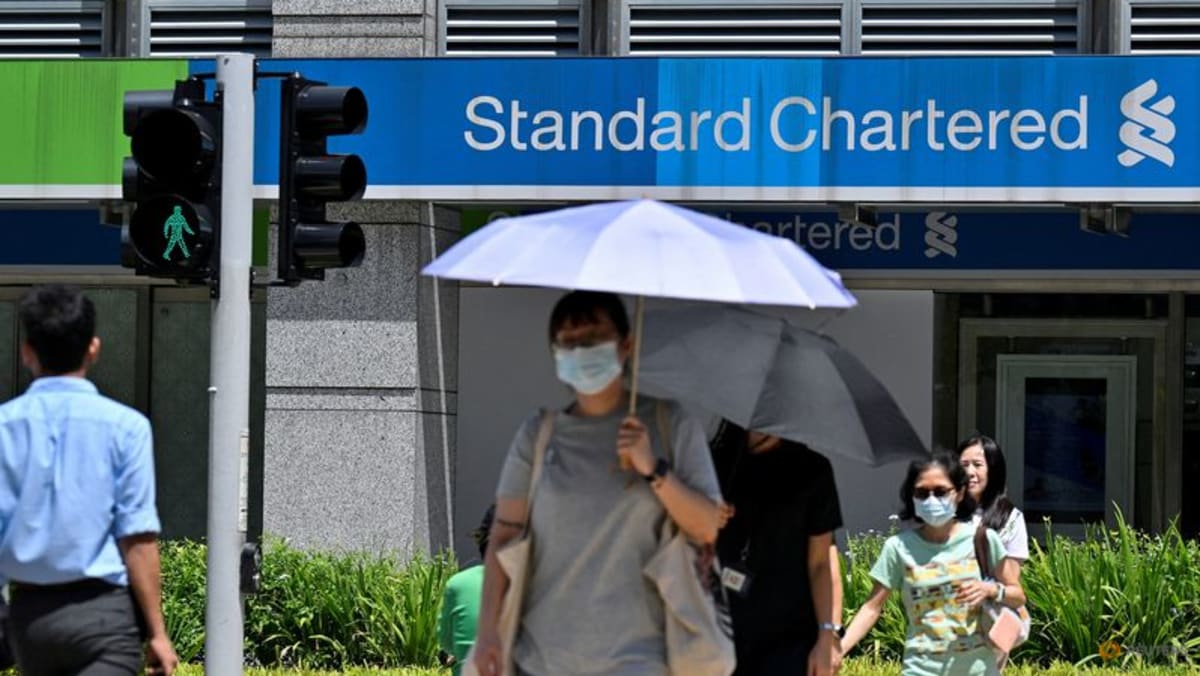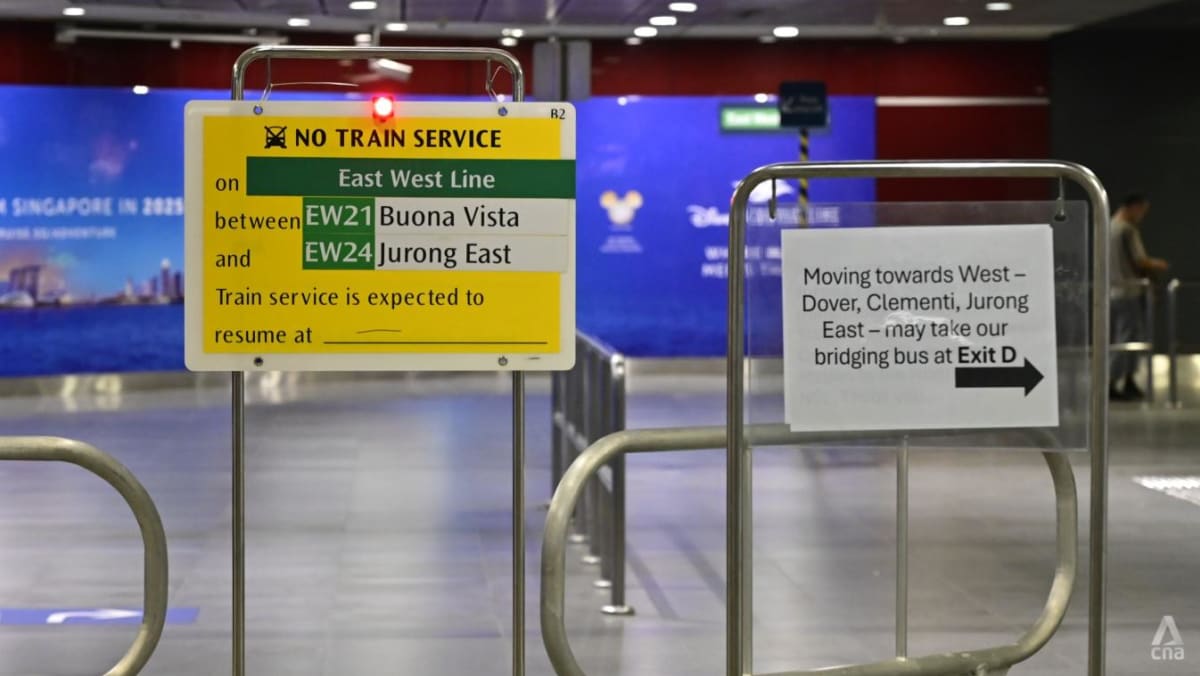SEA FLOWS
Shipping company Maersk has reported higher volumes handled in the region, and it expects the trend to continue into the second quarter with front-loading activity picking up.
Mr Bhavan Vempati, Maersk’s head of Asia Market, Ocean Product, told CNA he is seeing some pent-up demand from customers as the 90-day US-China tariff truce gives businesses more clarity.
He added that the clarity has helped customers in their supply chain planning and inventory management.
“I would say Singapore is a critical part of the infrastructure, both in terms of being a transshipment hub for Asia … an important hub for Maersk, and (when) we look at our cargo flowing eastbound … (it) is also a key connecting point for our services within Asia,” said Mr Bhavan.
Geopolitical uncertainties caused by the ongoing US tariffs have led some firms to rush shipments out while others are taking a wait-and-see approach, he added.
But Mr Bhavan noted that Singapore’s status as an integrated transshipment hub allows Maersk to help with managing customers’ inventory amid the ongoing tariff situation, providing them with options to move or hold their goods.
He said that some customers are diverting cargo to other destinations and different market segments.
AIR FLOWS
Logistics company FedEx added that demand for air freight remains strong in Southeast Asia, especially as US tariffs prompt businesses to reroute shipments.
Ms Bianca Wong, FedEx’s vice president of Southeast Asia operations, said that Singapore has an advantageous position as the company’s South Pacific hub, where cargo is consolidated from the region before being shipped worldwide.
She added that Singapore’s role as a trading hub helps clients who are facing end-to-end supply chain challenges after shifting their manufacturing base to a different location.
“This is where we also see the advantage of Singapore, where, when Southeast Asia grow(s), we see more volume coming to Singapore as transhipments,” said Ms Wong.
The company launched a new direct cargo flight from Singapore to the US on Apr 15, as it announced further investments in its air connectivity networks.
Ms Wong added that Singapore’s air and road connections to the rest of Southeast Asia will allow the country to benefit as a transshipment hub as more manufacturers invest in the region.
MAINTAINING COMPETITIVENESS
Analysts said continued infrastructure investment, such as developments at Tuas Port, will be key in keeping Singapore competitive and efficient as a global trade hub.
“In order to enhance Singapore’s status as a global trading hub, it is important to continue to invest in infrastructure, and this basically means upgrading port facilities, investing in digitalisation, as well as to help Singapore’s ports to remain competitive and efficient,” said Mr Barnabas Gan, group chief economist at RHB Bank.
